NVIDIA announced the most popular four AI startups on the 21st, and launched the most disruptive five AI startups on the morning of the 23rd. Now, we are launching five AI startups known as “potential social influencesâ€. They are all in the medical field. Jenda’s chief executive, Jen-Hsun Huang, hosted an event similar to Shark Tank last week to narrow the scope of the candidates. Huang Renxun and a panel of judges selected a total of 14 AI startups in three categories. These startups were selected from more than 2,000 AI companies in the Nvidia IncepTIon project, and selected winners will be able to attend the Nvidia GPU Technology Conference on May 10 and receive $1.5 million in cash. The judges included Gavin Baker, investment manager at Fidelity Investments, Tammy Kiely, global head of semiconductor investment banking at Goldman Sachs, Shu Nyatta, investor in Softbank Group, and Thomas Raffin, senior managing director of Coatue Management. Thomas Laffont and the global chief technology officer of Microsoft Accelerator, Prashant Sharma. Jeff Herbst, vice president of business development at NVIDIA, said in an interview that the company decided to create a meaningful award in recognition of the amazing work done by AI startups. He said that in the category of "potentially socially influential companies", Nvidia has reviewed 2,000 AI start-ups in its database. I listened to these companies telling their stories to the judges, which will focus on the four most popular start-ups. There is one winner in each category, which can win $375,000 and the runner-up in each category will win $125,000. Every year, 10 million people in the United States go to the emergency room for chest pain. This problem costs $6.6 billion a year. It is difficult for the emergency room to distinguish between heart-related pain categories, and 75% of the pain is not related to the heart. Genetesis CEO Peeyush Shrivastava said that Genetesis uses deep learning, sensors and physics to correctly diagnose chest pain. Usually, doctors must use an electrocardiogram (EKG) machine to help. But the results are not decisive, so you have to go through a six-hour test called the troponin test. These results are not decisive, so you may need to do more testing. The entire process takes hours, and doctors often ask for longer observations of the disease. During this period, approximately 5% of patients returned home because they were not diagnosed with heart disease, and 2% of them died at home. At the same time, Shrivastava said, in the case of inappropriate stress tests, the wasted expenses were about $494 million. It has been built based on a biomagnetic imaging system that monitors the weak magnetic field naturally emitted from the chest. It will generate a 3D map of the heart and tell the doctor if you have heart disease. The nurse or technician can perform a 90-second assessment of the patient in a non-invasive manner. At the bedside, the doctor can determine if the patient needs a stent. Shrivastava said: "We are accepting the global challenge of chest pain treatment in emergency rooms." The system uses GPU-accelerated AI for diagnosis. Biomagnetic imaging technology can be applied to other tests for brain, liver and fetal conditions, which provide a 3D map of 1 mm resolution for each patient. Genetesis has established a data partnership with the Mayo Clinic. Genetesis was founded in Cincinnati in September 2013. The company has approximately 15 employees and raised $1.9 million from Mark Cuban, CincyTech, Wilson Sonsini, Danmar Capital and 43North. Lunit is developing deep learning software for medical diagnosis to diagnose diseases that are difficult to detect, such as respiratory cancer. The Seoul-based company is using 3D imaging technology and deep learning technology for breast x-ray scanning, while breast x-ray scanning is not easy to detect cancer in breasts with high breast density. In the United States, $10 billion a year is used for breast cancer testing. Anthony Paek, CEO of Lunit: "We think this technology can save the lives of countless patients." Parker said about 20% of lung cancer and breast cancer were not diagnosed in the screening test. Using Lunit's technology, GPs have seen their correct diagnosis improve from 80% to 83%, and radiologists believe their diagnostic accuracy has increased from 84% to 86%. In the test, Lunit defeated teams from other companies such as IBM and Microsoft. The accuracy of breast tumors found in screening was about 78%, but with Lunit's AI software, this ratio was as high as 83%. Parker said that as time goes by, as technology advances, accuracy may rise. He pointed out: "At that time, patients can get the right treatment at the right time." Lunit prepares the data, trains its neural network, and then provides feedback to improve the detection through verification. Parker said the business could be extended to other medical areas and used to detect other types of cancer. The co-founder of Lunit is from KAIST, a Korean university, and works with leading medical institutions in Korea. Lunit was founded in August 2013 and has 30 employees. It has raised $5.2 million from FormaTIon 8, Softbank Ventures, Mirae-Asset Ventures, Intervest and Kaka's K-Cube Ventures. Drug discovery is one of the most important tasks in the medical field. The cost of research and development for each drug is an average of $2.6 billion, and the cost of developing these drugs worldwide is about $150 billion. According to Alex Zhavoronkov, CEO of Insilico Medicine, this is why only 46 new drugs were introduced in 2014, and the failure rate of new drugs was as high as 92%. There are about 60,000 diseases in the world. Insilico Medicine is developing AI technology for drug discovery, biomarker development and aging research, which is dedicated to improving the quality of life for everyone, based primarily on what is known as the Quality Assured Life Year (QALY). Zavoronkov said he wants to add a "quality-adjusted life year" to everyone. Now, using quality-adjusted life years to boost your cost of living will cost about $60,000. Insilico Medicine achieves this by verifying the clues of new drugs. It issues a license to the drug company and, if confirmed, the company receives the payment. Zavoronkov said: "We have found a great opportunity for drug success, which will speed up the drug development of pharmaceutical companies. This is my child, I have no fixed assets. We will not give up until we overcome the biggest challenge: Age-related diseases." Insilico Medicine's deep learning technology runs on NVIDIA GPUs. It can do many things, such as using biomarkers to find the age of a person. One of the company's drugs is undergoing this discovery process. The company has thousands of "clues" or molecular models for treating diseases. It complements this process by validating these clues in model organisms. Zavoronkov said: "Once you get the data, you will start to generate a lot of money." The authorization for such work may vary from $2 million to $38 million, depending on the technology. The level of progress. Zavoronkov said: "The important reason for the high price of drugs is the failure rate of 92%." Insilico Medicine was founded in Baltimore in January 2014. The company has 30 employees and has received $5 million in investments from MannBioinvest and Deep Knowledge Ventures. There are so many deadly diseases, you need to do a lot of medical tests. India's start-up SigTuple wants to use AI to dramatically improve the speed, accuracy and consistency of various screening processes. It wants doctors to serve more patients and reduce errors. It also wants patients to have greater confidence in the medical system. SigTuple CEO Rohit Kumar Pandey said: "We hope to change the medical industry by providing AI smart screening. There are not enough doctors here. We need more screening, and our Testing is inefficient." Pandi said our company is concerned about diseases, medical experts and equipment. He pointed out that there is one doctor for every 1,000 talents in the world. The company uses AI to analyze visual medical data and promotes scale development through remote diagnosis of blood, urine and semen tests. This allows the doctor to evaluate the patient remotely. SigTuple invented a device called Shonit that captures and digitizes blood test results. Pandi said that India's blood testing costs now about $4 to $10, and his company will charge between 40 cents and 80 cents per test, which greatly reduces costs. He also said: "We are studying the most basic level of the screening business, and we hope to bring more value to the public." Pandi pointed out that the blood test solution is currently being tested. The company digitized the test data and moved it to the cloud, where the AI ​​can analyze the data and pass the results back to the doctor. It combines everything from the cloud to telemedicine. Founded in July 2015, SigTuple has approximately 30 employees. The company has raised $6.4 million from Accel Partners, IDG, Endiya Partners, Pi Ventures, VH Capital and Axilor Ventures. Pandi said the company only burned about $300,000, but it is generating revenue. The company expects to generate $1 million in revenue next year in India. Over time, the company will expand beyond India. The doctor at Johan Mathe has a hunch that he may have a heart attack called a "murmur." But the doctor only has one stethoscope. This process took five years to observe and test to confirm that Messer did have a heart murmur. This made Messer wonder why it took so long, he asked: "Is there a way to solve this problem?" This prompted him to create Bay Labs. He said: "Is there a way to get ultrasound directly into your general practitioner?" One of the reasons is that it is difficult to explain the ultrasound image of the heart. It would be helpful if the images were easier to discern. Bay Labs is trying to solve this problem through deep learning. It runs its own AI software on NVIDIA GPUs and trains it in real time to better identify ultrasound images. It also helps technicians guide the ultrasound probe to the exact location for better patient data. Its solution is 20 times faster and can be tested at 8 times the cost of a patient at 1/8. It reduces the cost of each scan from $400 to $50, and scans more than five times a year for patients. "The ultrasound is non-invasive and we want it to be as useful as a stethoscope," said Messer. The Gulf Laboratory was founded in July 2014. The company has about 15 employees and has raised unidentified funds from Khosla Ventures and Data CollecTIve Venture Capital. PS5 battery , PS5 controller batetry pack, PS5 controller battery 1500mAh,PS5 Rechargeable Battery ,Battery Pack for PS5 Dualsense Controller Shenzhen GEME electronics Co,.Ltd , https://www.gemesz.com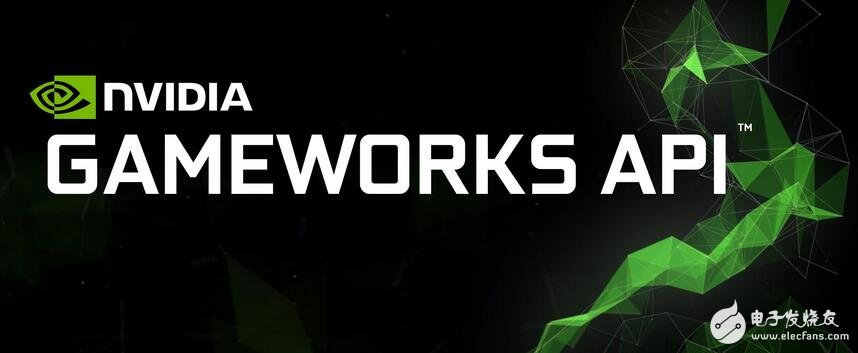
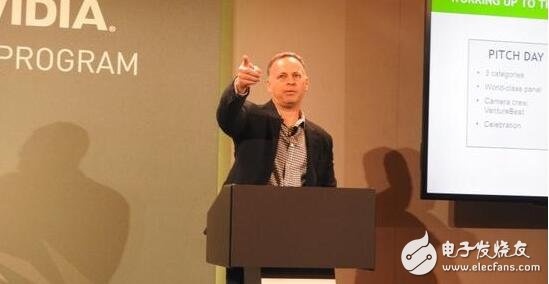
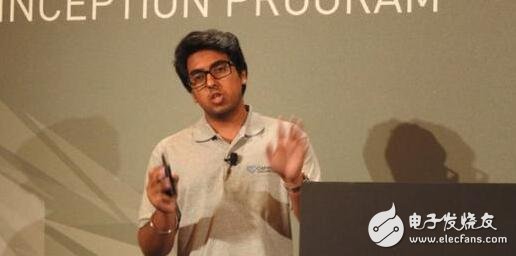
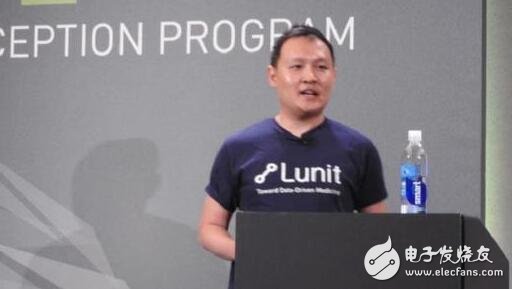
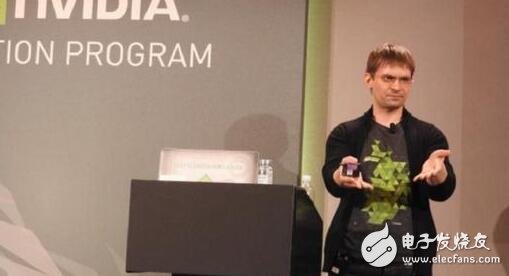
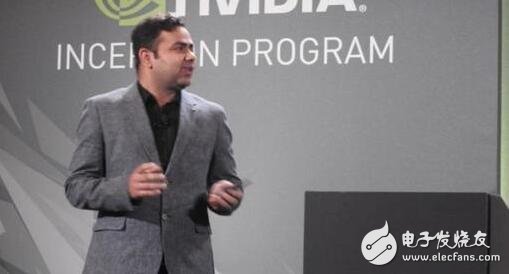
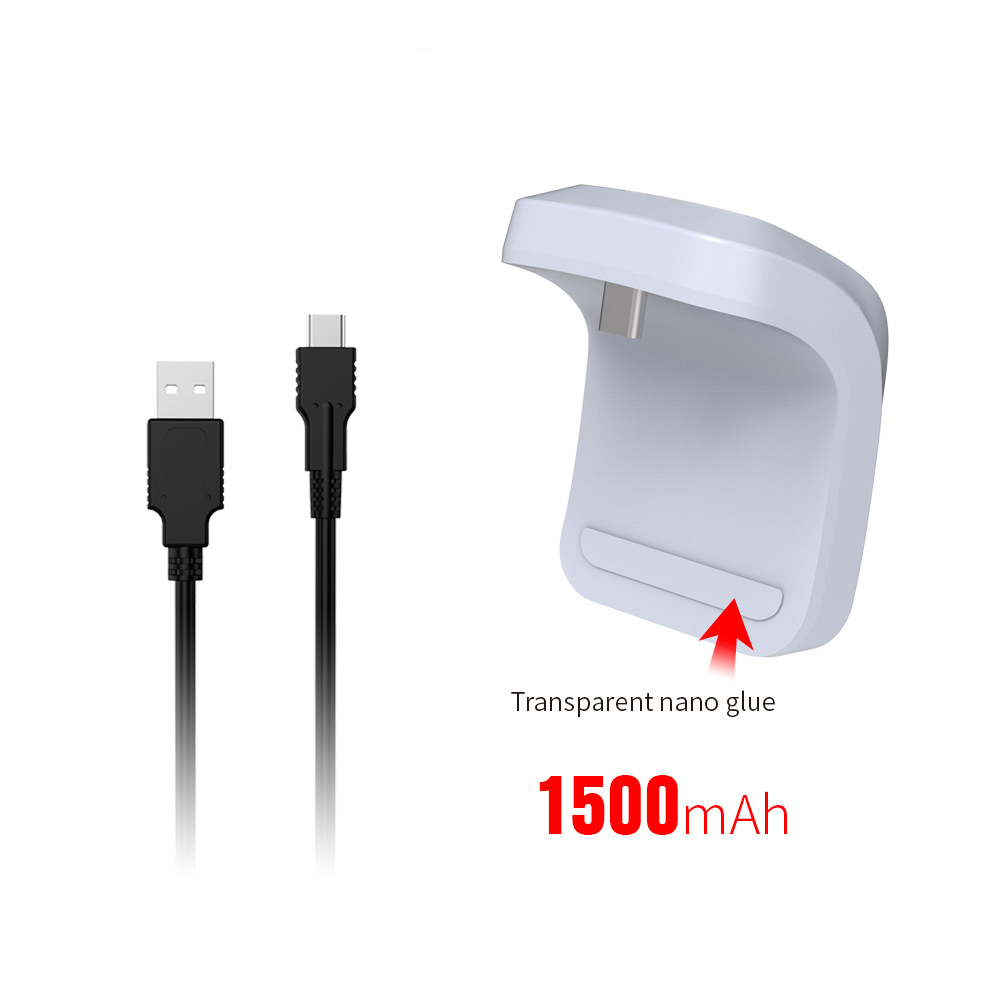
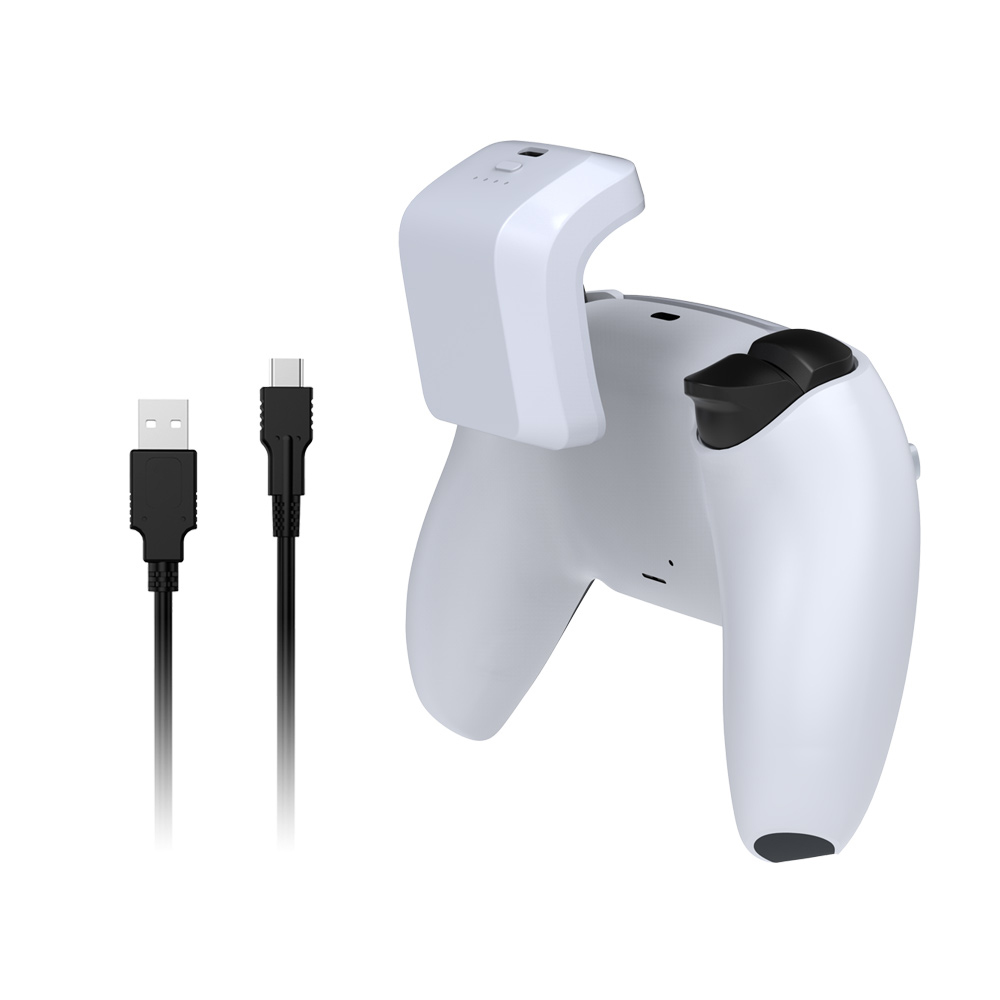
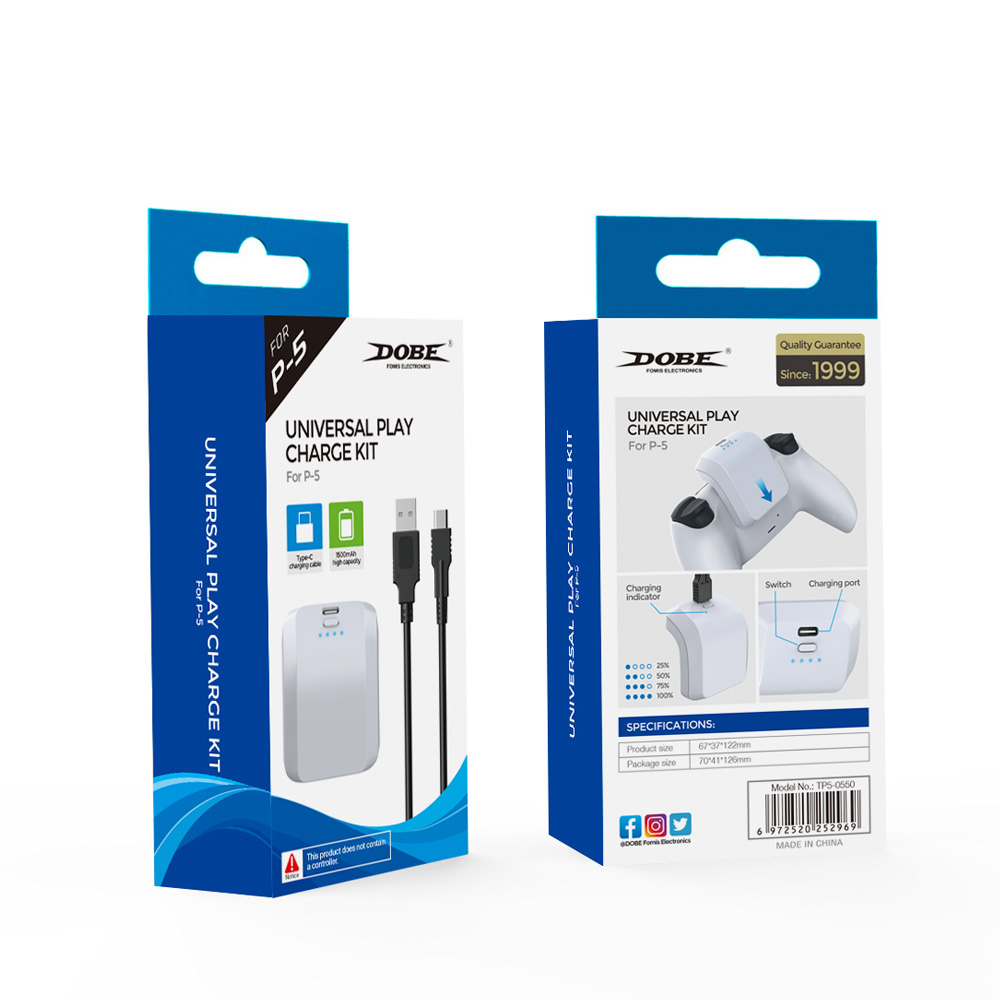
NVIDIA continues to walk the road? AMD does VR, I do AI! Is smart medical care really the way to Nvidia?
Chip giant NVIDIA is working hard to find an artificial intelligence (AI) startup with "best social impact." This is part of Nvidia's Nvidia IncepTIon project, which is screening more than 600 companies to identify the top three best AI startups.
1. The battery capacity of this product is 1500mAh;
2. Charging current 560MA, fully charged time: about 3 hours;
3. When the battery pack is in the standby state, close all output ports and enter the sleep state. At this time, the product enters low power consumption to achieve the purpose of energy saving and environmental protection;
4.When the battery pack is in the standby state,the battery level of the built-in battery pack can be detected by the battery detection button. The battery detection indicator LED is detected from low to high, and then the battery indicator will automatically turn off after 30 seconds; or long press the battery detection button for 2 seconds to turn off .
5. In the charging state of the battery pack, the LED power indicator will check from low to high, and then the corresponding power value will be always on, indicating the current power of the battery pack. After the battery pack is fully charged, the four battery indicators will be always on; until it is unplugged the external
adapter ,then the 4 lights will off.
6. Battery pack charging method: first constant current, then constant voltage.
7. When the battery pack is charging the gamepad, the current battery indicator will always be on, and the number of LED lights that are always on represents the remaining battery power in the charging bag, which is convenient for you to know the power in the battery pack.
8. The battery power detection function is set inside the product. When the power of the battery pack continues to decrease as the gamepad is charged, and is below the normal discharge range of the charging bag, the first battery indicator LED flashes.quickly to indicate that it is charging and completely out of power When the time, the LED light goes out, and then the output port is closed to protect the battery inside the charging pack from over-discharge damage.
9. Output short-circuit protection:When the output port is short-circuited, the output voltage will be automatically turned off. To activate again, you need to recharge the battery pack to activate.
Product Name
1500mAh High Capacity Rechargeable Battery for PS5 Controller
weight
100g
Product size
67*37*122MM
Box size
70*41*126MM
Product color
black or OEM
Product package
Gift Box
OEM/ODM
warmly welcome
Advatage
100 QC test before shipping